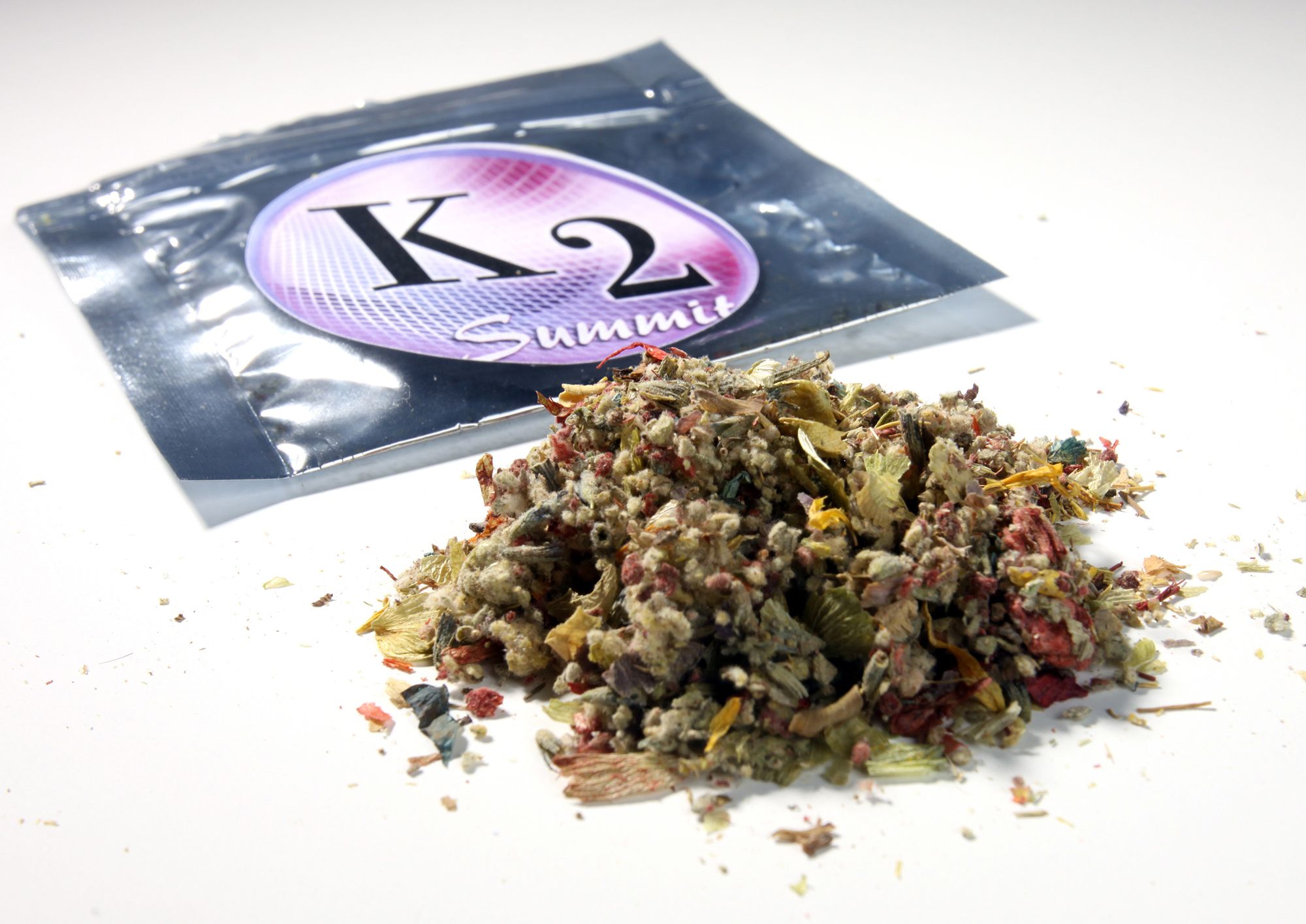Exploring the Promising Applications and Positive Effects of Seasoning as an Artificial Cannabinoid
Recently, the expedition of synthetic cannabinoids, especially Spice, has stimulated interesting conversations within the medical and clinical neighborhoods. The potential applications and influences of Seasoning in numerous therapeutic settings have drawn interest for their one-of-a-kind properties and impacts on the body. As research study dives much deeper into this artificial substance, revealing its similarities and disparities with all-natural cannabinoids, a nuanced understanding of its benefits and challenges arises. This discussion aims to clarify the appealing avenues that Flavor provides in the realm of health care and wellness, triggering a reevaluation of standard approaches to cannabinoid-based treatments.
Therapeutic Prospective of Spice
Exploring the healing potential of Seasoning, an artificial cannabinoid, entails an essential evaluation of its medicinal residential properties and prospective medical applications. Spice, additionally known as synthetic cannabis, communicates with the endocannabinoid system in a fashion comparable to all-natural cannabinoids, such as those found in cannabis. This communication causes different physiological results that have actually stimulated rate of interest in its healing possibilities.
Studies have actually suggested that Flavor may have possible as an analgesic, aiding to ease pain in problems such as neuropathic pain or persistent inflammatory pain - Buy K2 Paper For Sale. Additionally, its communication with cannabinoid receptors presents a possibility for discovering its usage in handling signs of conditions like numerous sclerosis or chemotherapy-induced queasiness and vomiting

Discomfort Monitoring Perks
Seasoning, a synthetic cannabinoid, shows appealing capacity in pain monitoring because of its analgesic residential properties and communications with the endocannabinoid system. The analgesic residential or commercial properties of Spice originate from its capacity to modulate discomfort understanding paths, supplying relief from numerous types of discomfort, consisting of neuropathic, inflammatory, and nociceptive pain. By targeting the endocannabinoid system, Flavor can control pain signals, minimize swelling, and reduce discomfort connected with chronic pain conditions.
Research studies have actually shown that Flavor can successfully minimize discomfort strength and improve discomfort resistance in preclinical versions of discomfort. This artificial cannabinoid has actually shown efficiency in managing discomfort signs without triggering considerable damaging results typically connected with typical discomfort medications. In addition, Seasoning shows prospective in lessening opioid dependancy and misuse, providing a safer choice for discomfort management.
Neuroprotective Characteristics
Synthetic cannabinoids like Spice have actually been progressively recognized for their prospective neuroprotective buildings in minimizing neuronal damage and advertising mind wellness. Researches recommend that these substances might use neuroprotection through various mechanisms, including antioxidant impacts, anti-inflammatory homes, and inflection of neurotransmitter launch. By interacting with the endocannabinoid system in the brain, synthetic cannabinoids can regulate neuronal task and potentially decrease the impact of neurodegenerative conditions or injuries.
One key aspect of the neuroprotective homes of Spice is visit the site its ability to modulate excitotoxicity, a procedure in which extreme stimulation of neurons leads to cell damage or fatality. By managing neurotransmitter launch and moistening excitotoxic signaling pathways, synthetic cannabinoids may aid safeguard nerve cells from unsafe overstimulation. Additionally, the anti-inflammatory effects of Spice could reduce neuroinflammation, which is often linked in different neurological problems.
Relative Analysis With All-natural Cannabinoids
In comparing the neuroprotective homes of artificial cannabinoids like Seasoning with those of natural cannabinoids, a nuanced analysis of their corresponding effects get more on neuronal health is vital. All-natural cannabinoids, such as those located in the marijuana plant, have been thoroughly examined for their neuroprotective impacts. These substances engage with the endocannabinoid system in the body, which plays an essential role in preserving neuronal function and safeguarding against neurodegenerative diseases.

Regulative and Moral Factors To Consider
Taking into consideration the prospective implications on human wellness and wellness, an examination of regulative and ethical factors to consider surrounding the usage of artificial cannabinoids compared to natural cannabinoids is important. Artificial cannabinoids, like Spice, existing distinct difficulties because of their usually unidentified chemical structures and strength variants. Governing bodies face the challenging task of staying on par with the quick development of new artificial cannabinoid compounds, which can make it hard to apply consistent and reliable policies.

To address these regulatory and moral challenges, policymakers have to prioritize research study into the long-term impacts of synthetic cannabinoids and establish clear standards for their manufacturing, sale, and use. Furthermore, education and learning projects are vital to notify the public concerning the risks connected with artificial cannabinoids and promote liable usage techniques. By taking positive measures, culture can much better protect versus the possible damages posed by artificial cannabinoids while upholding moral criteria and safeguarding public health and wellness.
Final Thought
In final thought, the investigation into the healing possibility of seasoning as an artificial cannabinoid has shown promising cause discomfort monitoring and you can try this out neuroprotection. Relative analysis with all-natural cannabinoids recommends comparable benefits. Governing and honest considerations should be very carefully examined before prevalent use. Generally, the positive influences of flavor as an artificial cannabinoid warrant more research and expedition in the clinical area.